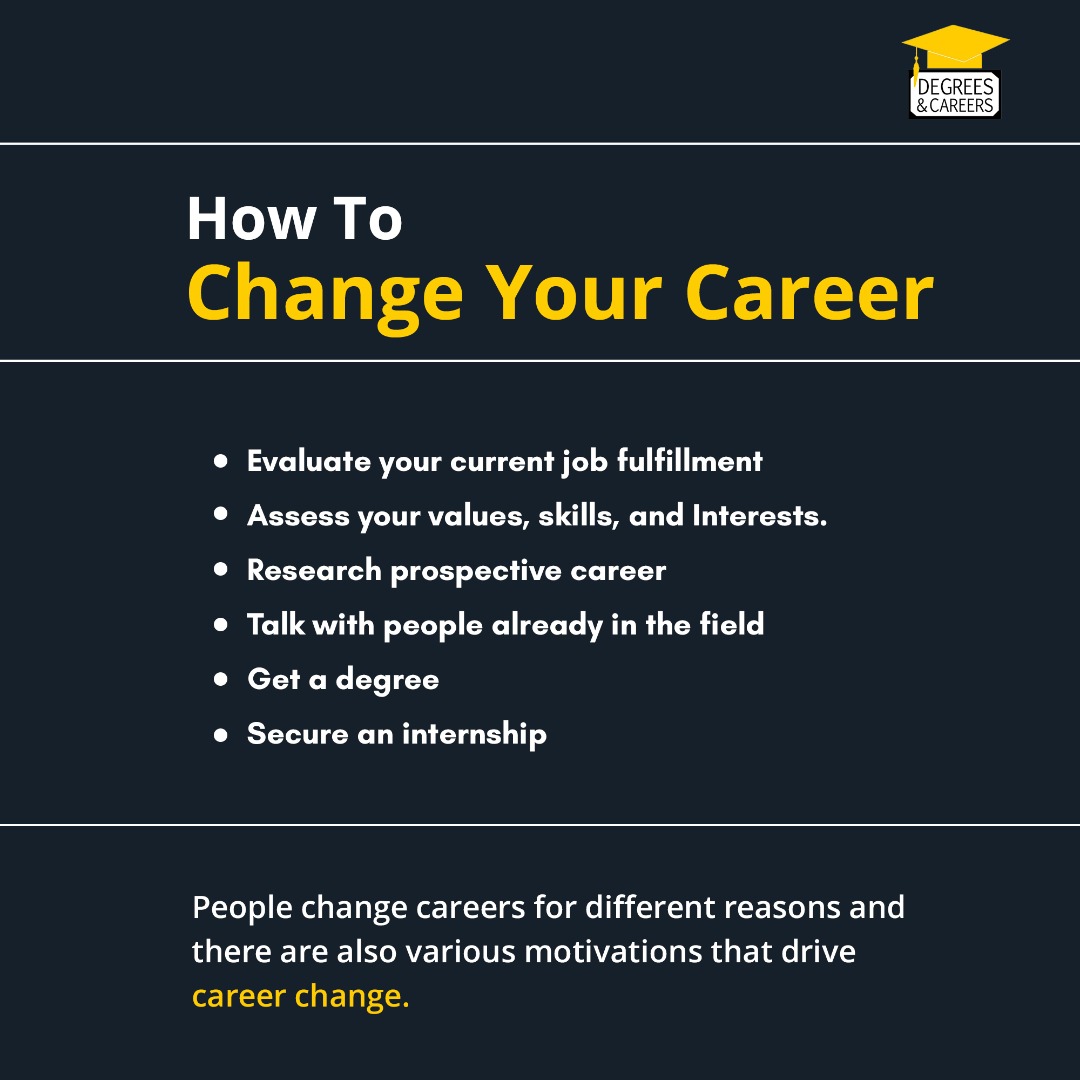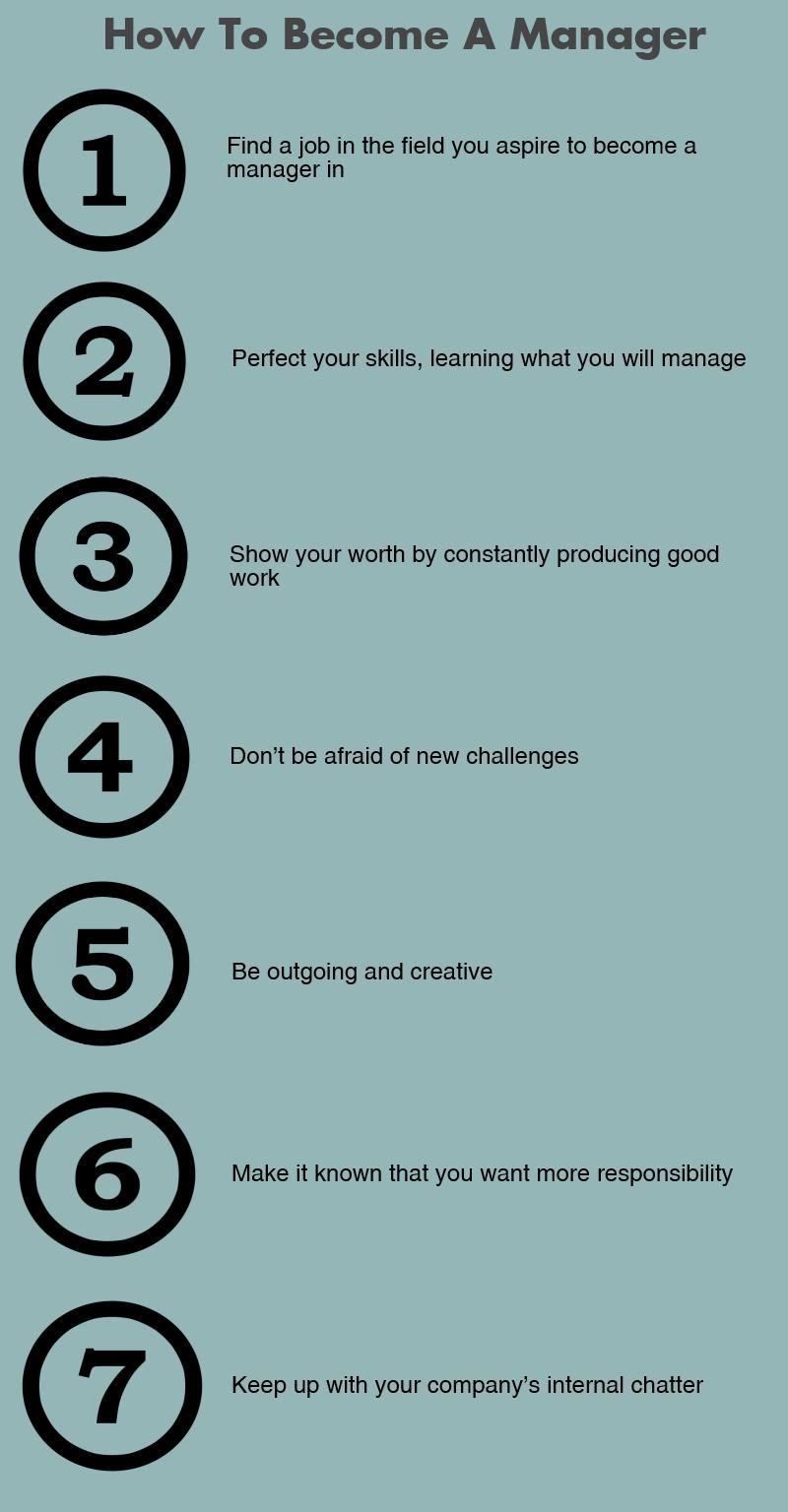
A Curriculum Vitae (CV), is a document that describes the career of a person. The document also includes information about education and experience. You can present it in many formats, but you should use clear and legible fonts. It should also be relevant to the industry. A traditional serif font works well in formal or creative industries. If you prefer a contemporary look, however, a sans-serif font may be the better option. Font size is a key factor. It should be between 10.5-12 points. The header may be larger to make it stand out.
A curriculum vitae gives an overview about a person's entire professional career.
A Curriculum Vitae is a document that gives an overview of the professional life of a person, including their education, work experience and qualifications. It is also referred to as a resume and is a common form for applications for academic positions, fellowships, advanced research, and internships. You can customize the document based on the type of job and the contributions that a person made.
A curriculum vitae describes the educational, professional, and other activities of a person. It can be a couple of pages long or several pages long, and can cover several decades of work experience. It's similar to a resume except that it contains more detailed information.
Work experience comes first
Your education and your work experience should be included in the first section of your CV. Many job seekers are confused as to which section should be included first. The best order depends on your experience and how relevant your education is to the job you're seeking. Education should be first if you have only one or 2 relevant jobs.

A resume should be very specific and highlight your skills and achievements. You should list the title and dates for each position you have held. Employers will be able to see that you are familiar both with the job and the company by listing your responsibilities.
Education comes first
People often ask when writing a resume if they should list their work experience or education. It depends on what purpose the resume is intended to serve and the nature of your resume. Experience may be more relevant if you're just graduating. If you have held only part-time jobs, your skills may not be applicable to the job you are applying for. In such cases, education should be your first priority.
It is important to highlight your university education when writing a CV. Employers will be able to see your knowledge and skills. Your university education can be included, as well as details about the relevant modules you completed while in school. You can also include details of your secondary education, such as your grades and the number you have earned.
Sans serif fonts express creativity
A sans serif font will express creativity and be a better choice. Sans serifs are typically softer and more modern, so they can make your resume more stand out without looking "out there." These fonts are popular in graphic design, but they're not always appropriate for resumes. They are only preloaded on Macs. Arial, the default font, can be used. Roboto, a font that's simpler yet has the same sans-serif style, is another option.
You should consider the readability, design, as well as spacing when selecting a font. While serif fonts look more professional, they're not always the most readable. If you're trying to make a connection with a recruiter, choosing a font that's unreadable will make you look unprofessional. You should also consider the fact that many companies use an applicant track system. It is often not user-friendly. If you are looking to impress ATS with your font choice, you should opt for a sans-serif font. This type of font is popular in modern design, and is more suitable for creative and marketing positions.

Add hobbies or interests
Some people may be curious if you should add a section of your CV to list hobbies and interests. You can answer that yes, but make sure your interests and hobbies are related to the job. You should limit the number of activities you list to no more than five-six. You will lose the interest of hiring managers if you list too many.
Your interests and hobbies can help you to stand out and make the right fit for the job. Furthermore, they might have transferable abilities that can be helpful in the job. Your acting skills could be useful in the sales department, for instance, if your background is as an actress. The same goes for metal detectorists. You can show off your motivational skills.